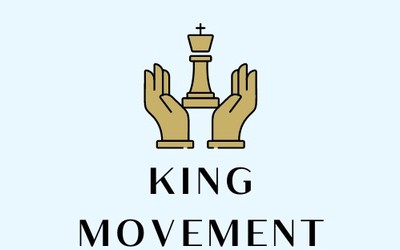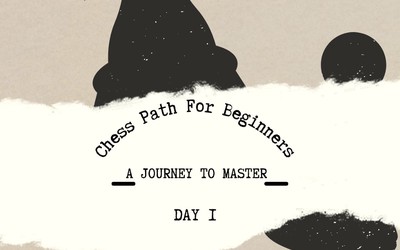
The Power of Hard Training
Preparing ought to be harder than competition. This is a statement I’ve heard hundreds of times before, but I never truly understood its depth until May 2019. As a driven young Grandmaster (GM), I considered myself diligent in my chess pursuits. However, it wasn’t until I participated in a Quality Chess Training Camp led by world-renowned coaches GM Jacob Aagaard and GM Ramesh RB that I truly grasped the essence of rigorous training.The Intensity of True Training
The camp began with a challenging test: 12 complex positions to solve. To my dismay, I managed to crack only 4 of them during the morning session with Aagaard. But the real eye-opener came during the subsequent session with Ramesh. After a brief introduction on the importance of hard training and what it should entail, he projected an intricate position on the screen.
We had mere minutes to study it, commit it to memory, and gain a grasp of its complexities. Then, the screen went dark, leaving us with nothing but our minds to calculate the solution. No board, no screen—just mental gymnastics. IMs and GMs alike were overwhelmed; even seasoned players like GM Shankland faced their share of struggles.
For an entire hour, we delved into different lines, making countless incorrect attempts. We pleaded for position repeats or clarification, but ultimately, we had to find the correct solution—all within our heads. It was maddeningly difficult, yet profoundly enlightening. This was the essence of hard training.
The Benefits of Chess Training at Its Toughest
So why is hard chess training so advantageous? Let’s explore:
- Winning Points as a GM: While this camp wasn’t the sole reason for my significant rating gains, it provided insights into why many Indian prodigies, often students of Ramesh, achieve remarkable results. When training is exceptionally demanding, actual competition feels like child’s play. Nothing compares to grappling with a super-complex position in your mind for an hour.
- Indian Wonders and Complex Positions: Observe the Indian wonders—players who thrive in incredibly intricate positions. Their secret? They’ve been exposed to this type of rigorous training from a very young age. Ramesh’s goal is to acclimate them to discomfort, chaotic positions, and the inevitability of mistakes.
- The Comfort Crisis: In a world that increasingly prioritizes comfort, undertaking challenging tasks can seem unnecessary. Chess, however, serves as an ideal training ground for embracing discomfort. Every game presents novel positions, and every game involves errors. Even Magnus Carlsen, the World Champion, isn’t immune to imperfection.
Embrace Discomfort and Prepare
Remember this mantra: “I can’t escape discomfort during games.” At some point, I’ll step out of my preparation, face tough positions, and make mistakes. The most perfect way forward is to fully accept it and prepare myself for the inevitable discomfort. So, fellow chess enthusiasts, let’s embrace the power of hard training—it’s where true growth lies.
More blog posts by officialchessBunny

The King's Movement Explained
The King’s movement in chess is a fundamental aspect of the game.
Mastering the Double Attack in Chess: A Tactical Triumph
In the intricate world of chess, where every move counts, the double attack stands as a potent weapo…
Chess Path For Beginners: A Journey to Mastery - DAY 1
Welcome, aspiring chess enthusiasts! Whether you’re a curious beginner or someone rediscovering the …